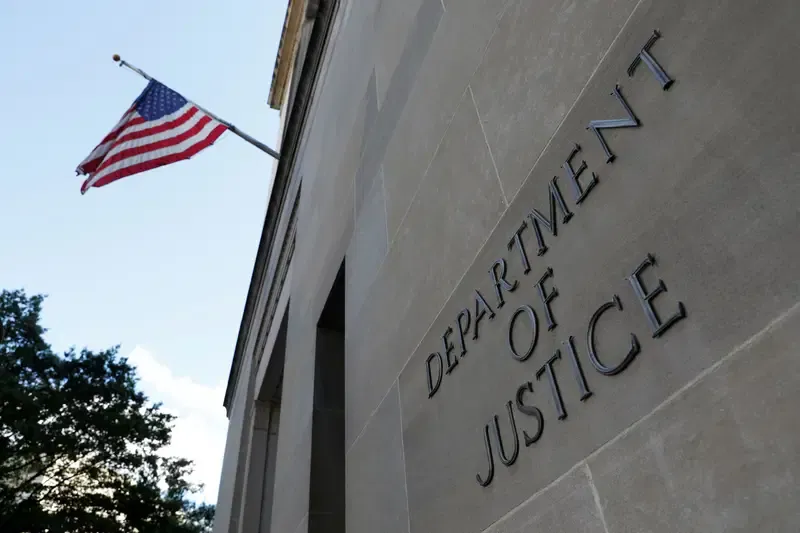In a move aimed at regulating children’s access to social media platforms, the Florida House of Representatives has approved legislation prohibiting individuals under the age of 16 from holding accounts on certain digital platforms. The bill, known as House Bill 1 or the Online Protections for Minors, received overwhelming support in the House, passing with a vote of 108-7. It now awaits approval from Republican Governor Ron DeSantis.
Under the provisions of HB1, social media platforms would be mandated to verify the age of their account holders and terminate the accounts of users believed to be under the age of 16. Additionally, individuals under 16 would be prohibited from creating new accounts on specified platforms. This measure, proponents argue, aims to protect minors from potential online risks and safeguard their digital well-being.
The swift passage of the legislation follows a similar move by the Senate, which approved the bill in a vote of 23-14 earlier on Thursday. Governor DeSantis, known for his stance on parental involvement in such matters, has expressed support for the bill, emphasizing the importance of parental supervision in children’s online activities.
Addressing concerns over the broad scope of the bill, DeSantis reiterated his commitment to ensuring parental involvement in decisions regarding children’s social media usage. He emphasized the need for parents to have the option to opt in if they wish their children to access these platforms, reflecting his cautious approach to regulating online interactions among minors.
The bill’s definition of social media platforms subject to its regulations encompasses a wide range of digital platforms, including those with significant underage user bases and features such as push alerts and continuous scrolling. This expansive scope reflects lawmakers’ efforts to address various facets of online engagement among minors and mitigate potential risks associated with excessive social media use.
However, the bill’s future remains uncertain in light of legal challenges and constitutional concerns. A federal judge recently issued a temporary block on a similar Ohio law, citing potential constitutional violations. This decision underscores the complex legal landscape surrounding efforts to regulate minors’ access to social media platforms and highlights the ongoing debate over the balance between online safety and free speech rights.





